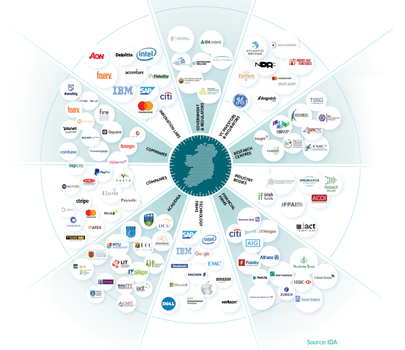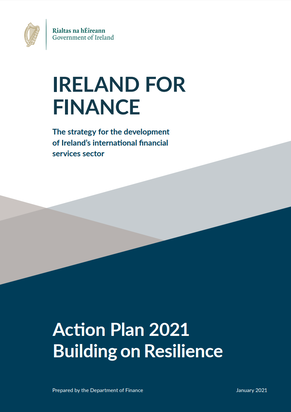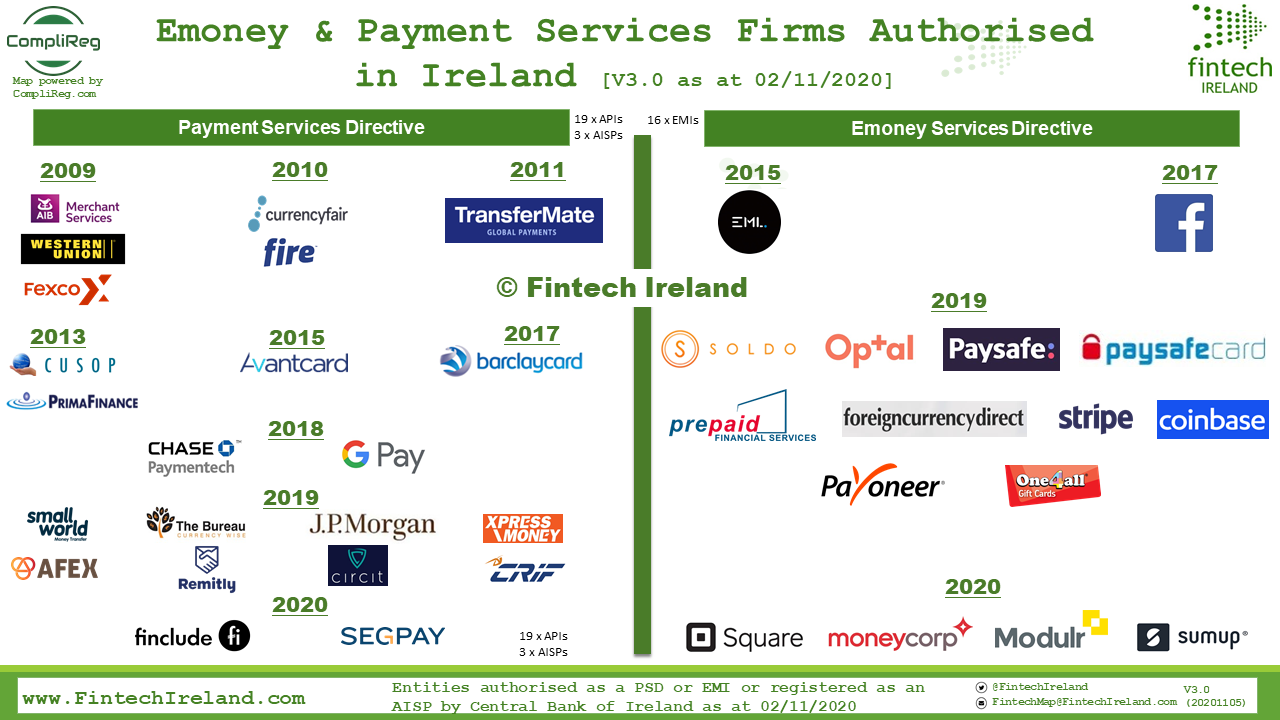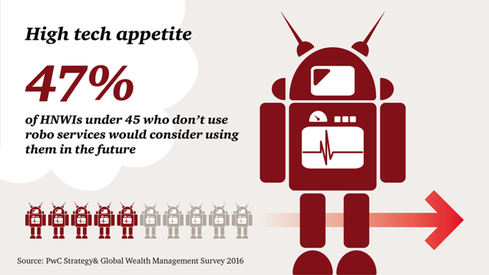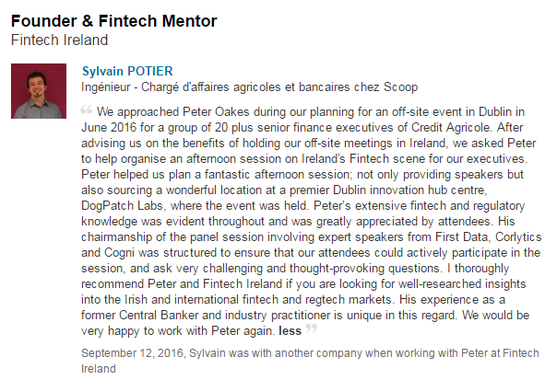
The 2021 Action Plan has four priority areas; Sustainable Finance, Diversity, Regionalisation, and Digital Finance. It contains 16 new measures to build on the resilience shown by the IFS sector over the last year.
“This Action Plan brings vital new measures and continuity amidst the disruption of the pandemic as we look to realise the full potential of the sector and aid the national economic recovery. The international financial services sector has so far demonstrated resilience in the face of extraordinary challenges posed by the COVID-19 pandemic. I am delighted that total employment in the IFS sector in Ireland has been maintained in 2020, including in the regions outside Dublin, during this difficult time. We will look to maintain this resilience and make it a platform for the future growth of the sector.” Minister Fleming
- Establishing a Department of Finance Fintech Group
- Developing proposals for increased financial services collaboration in the Grand Canal Innovation District (GCID)
- Delivering a new Masters programme in fintech innovation
- Promoting careers for women in the Financial Services industry, as part of the ‘Career less Ordinary’ campaign
- Developing a portfolio of sustainable finance education programmes
- Working with the office within the Department of Finance tasked with encouraging greater competition in the Irish insurance market
- Promoting the Investment Limited Partnership vehicle
Ongoing initiatives:
- Engage at EU level on the latest Capital Markets Union proposals
- Engage at EU level on sustainable finance developments
- Engage on and analyse post-Brexit financial services issues
- Continue the rollout of Ireland’s sustainable finance innovation programme supporting the development of new IFS environmental, social, and governance products and services
- Deliver training programmes in sustainable finance and responsible investment supported by the Sustainable Finance Skillnet
- Maintain a regional focus in developing the IFS sector
Commenting on the 2021 Action Plan, Minister Donohoe noted:
“The International Financial Services sector in Ireland will play a major role in not only the global economic recovery but the twin transitions to a digital and sustainable future. The 2021 Action Plan, drawn up in partnership with industry, sets out clearly how we intend to build on our strengths and successes in recent years in this dynamic and growing sector.”
The Ireland for Finance strategy is structured around the following four pillars:
1. The operating environment pillar is focused on ensuring the policy, culture and legislative conditions underpinning IFS will support growth;
2. The technology and innovation pillar is focused on providing a collaborative approach to addressing emerging challenges and opportunities in technological developments;
3. The talent pillar seeks to ensure that we continue to have skilled people to meet the demands of the IFS sector, including meeting new and changing skills ; and
4. The communications and promotion pillar is focused on ensuring that Ireland’s IFS offering is communicated to all those who are or may be attracted to investing in Ireland.
Minister of State Fleming has identified his priorities for the coming year as Sustainable Finance, Diversity, Regionalisation, and Digital Finance.
Ireland for Finance utilises a whole-of-government approach which is supported through ongoing collaboration between public and private stakeholders and educational institutions to ensure the talent and expertise of all three sectors can continue to be successfully harnessed to build on existing achievements and secure the ambitions set out in Ireland for Finance.
The Strategy is updated each year by means of annual Action Plans. This approach ensures that the Strategy remains relevant and up-to-date in identifying and addressing emerging challenges. Each annual Action Plan contains a list of measures grouped under each of the four pillars to be actioned in that year with a responsible stakeholder tasked with leading on the execution of each measure.
The implementation of the Strategy is overseen by a public sector High Level Implementation Committee (HLIC) with assistance from an Industry Advisory Committee (IAC). This Joint Committee meets quarterly and it is chaired by Minister of State Fleming. The HLIC membership consists of senior officials of the Departments of the Taoiseach; Further and Higher Education, Research, Innovation and Science; Foreign Affairs; Business, Enterprise, and Employment; and Finance and the Chief Executive Officers of the IDA and Enterprise Ireland. The IAC includes key industry stakeholders such as representative bodies (secretariat), advisory firms and senior executives from companies across the different international financial services sectors.
